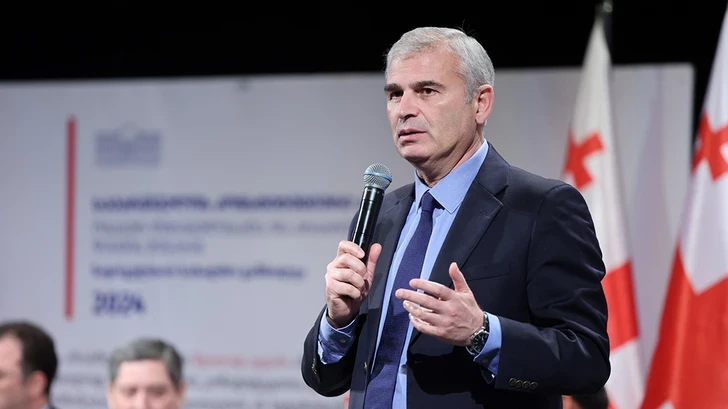July 16, 2025 – Tbilisi
The European Commission has urged Georgia to revise its visa policy and align it with that of the European Union, prompting a wave of criticism from Georgian lawmakers who view the move as unjustified and politically coercive.
Speaking on the Imedi TV program Chronicle of the Day, Irakli Kadagishvili, Chairman of the Georgian Parliament’s Committee on Regional Policy and Self-Governance, confirmed the recommendation, noting that Brussels had advised Tbilisi to end visa-free entry for countries that do not enjoy similar arrangements with the EU—specifically Azerbaijan, Armenia, Turkey, and China.
“They are telling us directly: Georgia should not have visa-free travel with countries that lack such agreements with the EU,” Kadagishvili said. “That would mean revoking visa-free access for our immediate neighbors, which is neither practical nor in our national interest.”
Kadagishvili criticized the recommendation as “unfounded,” emphasizing that Georgia is not a member of the EU and shares no land borders with the Schengen Area. “A person entering Georgia does not automatically gain access to the European Union. They still need a Schengen visa, which we don’t issue,” he pointed out.
The lawmaker characterized the European Commission’s demands as a form of diplomatic pressure: “In essence, we’re being told to isolate ourselves and remain in a blockade.”
The visa policy issue is one of eight points reportedly outlined in a letter sent by the European Commission to Georgia’s Ministry of Foreign Affairs as part of ongoing EU accession dialogue. While the document has not been made public, its content has reignited debate over the balance between Georgia’s integration ambitions and its regional ties.
Critics argue that implementing such restrictions would harm relations with key neighbors and trading partners, undermining regional connectivity and soft power diplomacy. Proponents of alignment with EU norms say the changes are necessary if Georgia is serious about its bid for EU membership.
No official EU response has been issued as of yet, but Georgian officials have signaled their reluctance to comply without further dialogue.


